Gurugram: India aims at becoming ‘Global Hub for Green Ship’ building by 2030 with launch of Green Tug Transition Programme (GTTP). This was informed by Union Minister of Ports, Shipping & Waterways (MoPSW) and Ayush Shri Sarbananda SonowaI while inaugurating India’s first National Centre of Excellence in Green Port & Shipping (NCoEGPS) in Gurugram,Haryana.
The program will start with ‘Green Hybrid Tugs’, which will be powered by Green Hybrid Propulsion systems, and subsequently adopting non-fossil fuel solutions like (Methanol, Ammonia, Hydrogen).The Minister said target has been set for the initial Green Tugs to start working in all major ports by 2025. At least 50% of all the Tugs are likely to be converted into Green Tugs by 2030, which will considerably reduce emissions as the country moves towards achieving sustainable development ,he added.
Taking about the first Centre of Excellence the Minister said the centre is a major attempt by the Ministry towards realising Prime Minister Narendra Modi’s Mission LiFE movement. Country’s first National Centre of Excellence in Green Port & Shipping (NCoEGPS) is the result of a collaboration between the Ministry of Ports, Shipping & Waterways, Government of India and the Energy and Resources Institute (TERI). With the NCoEGPS acting as the Nodal entity for the industry, the plan is afoot to make India as the ‘Global hub for building Green Ships’ by 2030. With these initiatives, the Centre is aimed at playing a crucial role towards achievement of UN’s Sustainable Development Goal (SDG 14) to sustainably manage and protect marine & coastal ecosystems from pollution, conservation & sustainable use of ocean based resources. The Centre will engage in developing the regulatory framework and alternative technology adoption roadmap for green shipping in India. The centre – housed within the TERI complex in Gurugram – will work towards meeting the obligations under the Paris Agreement.
The PM Gati Shakti – National Master Plan for Multi Modal Connectivity along with the Green Ports initiative has already accelerated the development of green logistics supply chain in the country. The ports have also aimed to reduce Carbon emissions per ton of cargo handled by 30% by 2030. The Maritime Vision Document 2030, released by Prime Minister Shri Narendra Modi is a 10 Year blueprint on India’s vision of a sustainable Maritime sector and vibrant blue economy. India has been selected as the first country under the IMO Green Voyage 2050 project to conduct a pilot project related to Green Shipping. The ministry has already identified Paradip Port, Deendayal Port and V.O. Chidambaram Port to developed as Hydrogen Hubs – capable of handling, storing and generation of green hydrogen by 2030. With the development of these infrastructure, India will be able to export Green Hydrogen, produced in the country using renewable sources, with the support of NCoEGPS in technology and market leadership.
NCoEGPS will act as a technological arm of MoPSW for providing the needed support on Policy, Research and Cooperation on Green Shipping areas for Ports, DG Shipping, CSL and other institutions under the umbrella of MoPSW. The Center will be a host of several technological arms to support the port and shipping sector and will provide solutions to a variety of problems being faced in the industry through scientific research. It will also carry out valuable education, applied research and technology transfer in maritime transportation at the local, regional, national and International levels. It will focus on the following areas like energy management, emission management, Sustainable Maritime Operations etc. The NCoEGPS aims at empowering ‘Make in India’ in Port, Coastal and Inland water transport, and Engineering by developing state of art technologies and application products. It will enable fast-track innovations in order to provide most appropriate solutions to various challenges in these sectors. The Centre also aims to create a pool of competent manpower to the industry equipped with state of the art theoretical and practical knowhow. The NCoEGPS will work on 10 crucial projects, including ones on developing a regulatory framework for the usage of wind energy for marine applications, and identifying a suitable biofuel for blending with conventional marine fuels. It will also work towards identifying a fuel cell technology for long haul shipping as well as developing a regulatory framework for the transportation of hydrogen upto 700 bar pressure. It will also prepare detailed project reports on low energy consumption port, and on an offshore platform for tapping solar energy, production, storage and usage of green hydrogen.



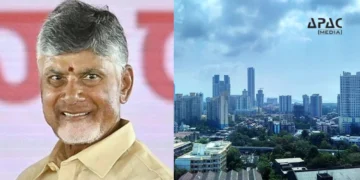



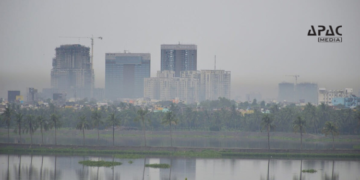


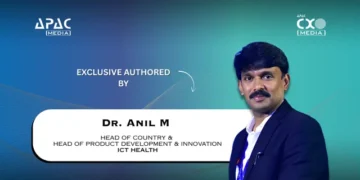



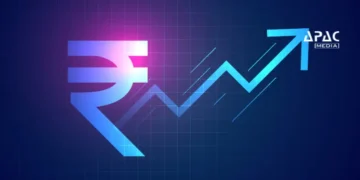






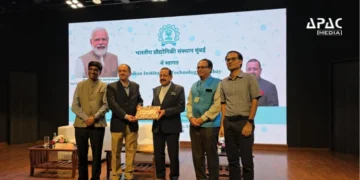
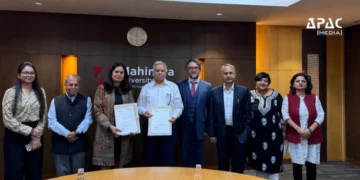

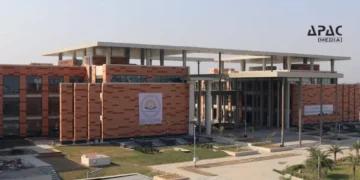










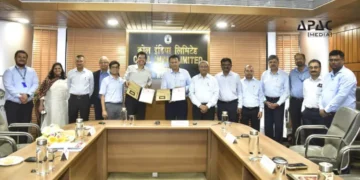
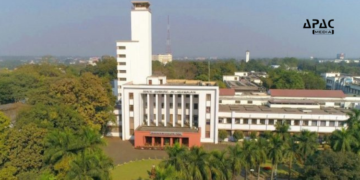






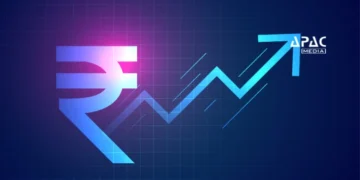




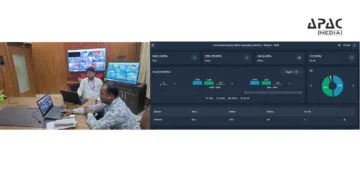

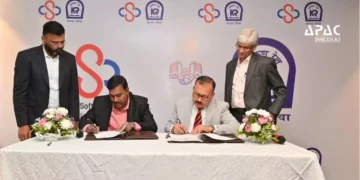

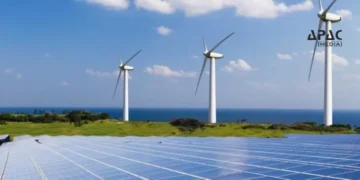


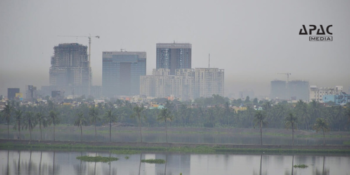

















Discussion about this post